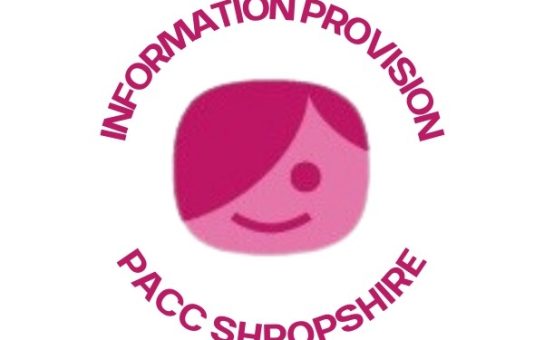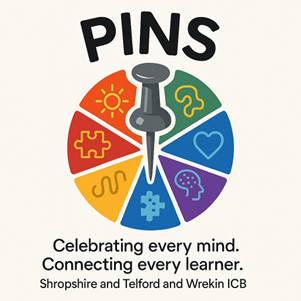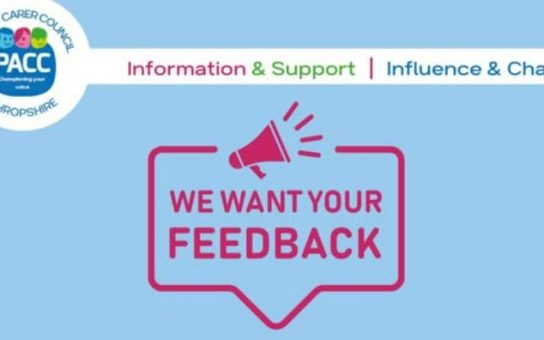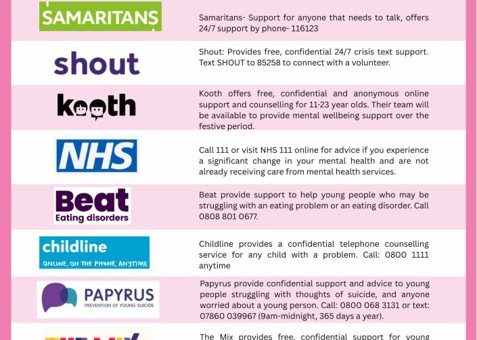
New CAMHS Service – Preparing for 1st April 2026
A new CAMHS Service for Shropshire, Telford and Wrekin has been agreed to start on the 1st April 2026. This will continue to be delivered by the Midlands Partnership Foundation… Read more New CAMHS Service – Preparing for 1st April 2026
February 2, 2026




